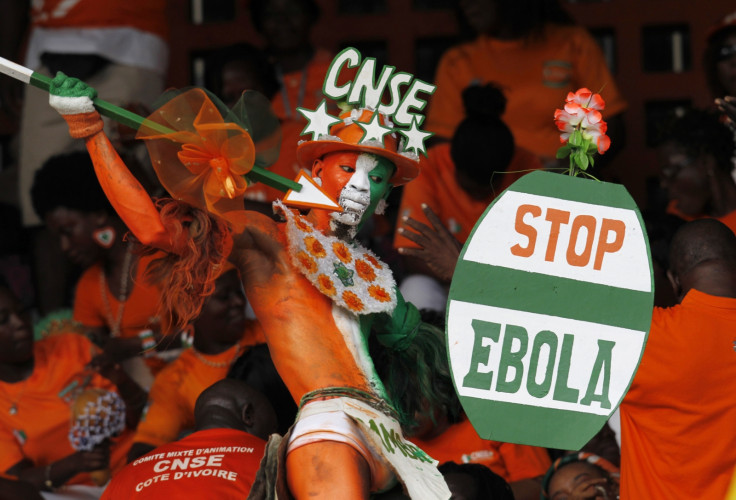Ebola crisis: Liberia 'faces huge surge' with Thousands of New Cases says WHO

The deadly Ebola epidemic is spreading exponentially in Liberia, with thousands of new cases imminent, according to the World health Organisation (WHO).
Dr Margaret Chan, the director-general of WHO, said at a press conference that the "Ebola epidemic is the largest and most severe, and most complex we have ever seen in the nearly 40-year history of this disease."
Controlling the outbreak by conventional methods was "not having an adequate impact", the UN's health agency told BBC News.
Around 2,100 people infected with Ebola have died in the West African states of Liberia, Guinea, Sierra Leone and Nigeria this year. 79 health workers have also been killed by the virus, WHO added.
Transmission of the virus in Liberia was "already intense", and taxis being used to transport infected patients appeared to be "a hot source of potential virus transmission", the WHO said.
"As soon as a new Ebola treatment facility is opened, it immediately fills to overflowing with patients, pointing to a large but previously invisible caseload," it added.
"When patients are turned away... they have no choice but to return to their communities and homes, where they inevitably infect others."
The international aid to the crisis has been increased, with the UK and US both pledging to open new treatment centres in West Africa.
UK International Development Secretary Justine Greening said a 62-bed facility would be built and operated by British military engineers and medical staff near Sierra Leone's capital city of Freetown.
The US announced that it would send a 25-bed field hospital to Liberia at a cost of $22 million.
However, a leading UK researcher has argued that thousands of deaths could have been prevented if pharmaceutical companies had acted earlier.
"Even if you've got a way of making a vaccine, unless there's a big market, it's not worth the while of a megacompany," Oxford University Professor Adrian Hill told the Independent.
"There was no business case to make an Ebola vaccine for the people who needed it most," Hill said. "First because of the nature of the outbreak; second, the number of people likely to be affected was, until now, thought to be very small; and third, the fact that the people affected are in some of the poorest countries in the world and can't afford to pay for a new vaccine."
Hill is heading up a team of health professionals that will soon begin human trials of an experimental Ebola vaccine. The drug was co-developed with the US National Institutes of Health (NIH) and GlaxoSmithKline PLC.
© Copyright IBTimes 2025. All rights reserved.






















